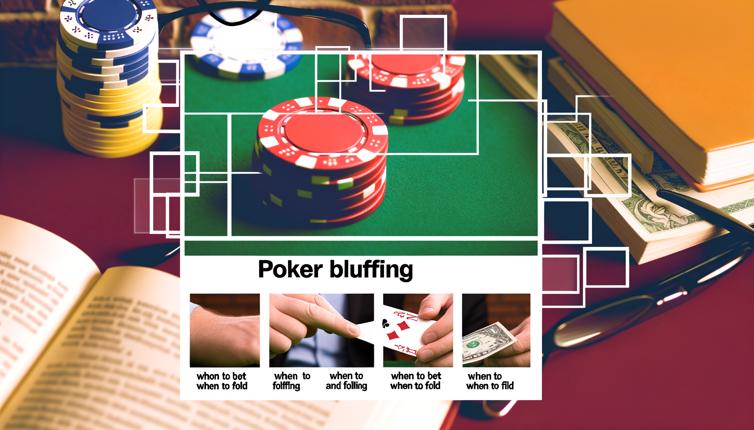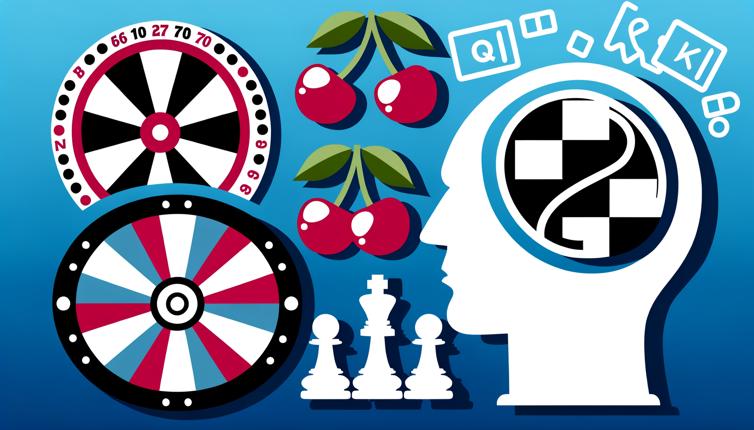Understanding Bluffing
Bluffing is a technique in poker that involves making a bet or raise with a weak hand in order to deceive your opponents into thinking you have a strong hand. It is a strategy used to win pots that you would otherwise lose if you played your hand honestly.,Bluffing is typically effective when there are few players left in the hand or when the community cards on the table don't strongly favor any particular player. It requires a good understanding of your opponents' playing styles and tendencies.,Bluffing can be risky, as your opponents may call your bluff and expose your weak hand. It is important to choose the right moment to bluff and to consider the circumstances of the game.
When to Bet
Betting is an aggressive move in poker that can be used both as a bluff and to extract value from strong hands. Here are some situations when it is advantageous to bet:,1. When you have a strong hand: If you are confident that you have the best hand, betting can help you build the pot and extract more chips from your opponents.,2. When you have a draw: If you have a drawing hand, such as a flush draw or a straight draw, betting can put pressure on your opponents and potentially win the pot if they fold.,3. When you have a good read on your opponents: If you have been paying attention to your opponents' betting patterns and body language, and you have a good read on their hand strength, betting can be a profitable move.
When to Fold
Folding is the act of forfeiting your hand and giving up any chips you have invested in the pot. Here are some situations when it is advisable to fold:,1. When you have a weak hand: If your hand is weak and unlikely to improve, folding is often the best option to avoid losing more chips.,2. When your opponents show strong aggression: If your opponents are betting and raising aggressively, it is likely that they have a strong hand. Folding in this situation can help you minimize losses.,3. When the pot odds are not in your favor: If the current size of the pot is not offering you favorable odds to call or continue in the hand, folding is generally the correct play.,4. When you are out of position: Being out of position means you have to act before your opponents, giving them an advantage. If you have a marginal hand and are out of position, folding is often the safer choice.,Remember, folding is not a sign of weakness. It is a strategic move to preserve your chips and wait for a better opportunity.
Conclusion
Bluffing is an essential skill in poker, and knowing when to bet and when to fold can greatly improve your chances of winning. It requires a good understanding of the game, your opponents, and the current situation. Practice and experience will help you become a better bluffer. Remember to always analyze the circumstances before making a decision. Good luck at the poker table!








